
If you have an interest in “travel hacking”, you’ve probably heard about error fares or mistake fares. In the past, it was quite common to find airfares that were obviously mistakes, and airlines would often be forced to honour them.
For example, in 2019 Cathay Pacific accidentally sold First Class fares from Vietnam to the United States for under $2,000 return. Last decade, it was common to find Qantas or Emirates flights from Australia to Asia for $300 return by booking on Expedia Brazil. China Eastern even once sold tickets by mistake for just $3.

You’ll often find claims on social media, news websites or blogs that error fares are an easy way to the high life for less. But often, the old adage of “if it’s too good to be true, it probably is” applies.
Airlines and their booking systems have become more sophisticated. Airlines have become more vigilant. These mistakes now get much more attention in the media. And airlines now hesitate much less to cancel tickets sold in error. All of these factors have combined to ruin the party for those lucky few.
So what is an error fare? Why aren’t they all that they’re cracked up to be, and how can you actually get cheap flights for less?
Contents
What is an error fare?
Error fares are flights accidentally sold at prices far below the usual fare. There are many possible causes, but human error, airline-side technical glitches and currency conversion issues, or a combination of these, usually cause these airfare pricing mistakes.
Online travel agencies (OTAs) can also create errors within their own systems, although booking through an OTA carries risks of its own.
Error fares can lead to more significant savings in Business or First Class, which is why they get the most media attention. Of course, there are Economy Class error fares as well, although these aren’t as headline-grabbing. In some cases, it might not actually be clear-cut on whether a fare is an error, or simply a very good deal.
If you quickly search “how to find error fares”, you’ll find multitudes of websites and influencers dedicated to highlighting error fares when they appear. Many offer tips on how to improve the chances of finding error fares, with the most common being:
- Set price alerts
- Follow travel deal websites
- Search broadly, using sites like Skyscanner or Google Flights
This sort of advice isn’t that useful because there are simply too many combinations of routes and dates to cover. Some of these websites will also charge you for unlocking all the details of these so-called “errors” which in reality are just regularly filed fares. Many websites will tell you to book quickly.
This chart from Course 8 of our Frequent Flyer Training shows the typical life cycle of an error fare:

Why error fares aren’t actually amazing
Error fares may seem like a fantastic opportunity for a bargain, but they are nearly impossible to depend on.
They’re unpredictable
These fares appear at random times, with no predictable pattern.
So yes, those who travel for a living and can afford to go anywhere at a moment’s notice find them well suited. However, for most people this simply won’t work.
Airlines often cancel error fares
The main problem is that airlines have become less and less hesitant to cancel fares sold in error – and they have lawmakers on their side.
The US Department of Transportation, as an example, allows airlines to cancel error fares and simply refund the customer. The prevalence of bloggers and deal websites posting these errors has also contributed greatly to airlines cancelling fares, as it becomes an actual financial strain.
For example, in 2023 All Nippon Airways (ANA) sold Business Class tickets from Jakarta to the USA for as little as $450 due to a currency conversion issue. The airline later cancelled the tickets sold, after mainstream media got wind and one traveller booked USD250,000 worth of tickets for USD17,000.

Recently, TAP Air Portugal also cancelled an error fare from Singapore to Europe. This fare was not that ridiculously low, but TAP cancelled the tickets anyway – three weeks later.
As a general rule, an airline is well within its rights to cancel and reimburse what they deem is an error fare. And they may wait several weeks or even months to do so.
The risk of planning travel around an error fare
If the airline cancels your ticket, you’ll get a refund for the airfare. But airlines probably won’t refund other expenses you’ve incurred towards your trip such as non-refundable hotel or tour bookings. Your travel insurance probably won’t cover you, either.
It is true that some airlines still honour error fares. However, those who find the deals often keep them quiet, or they’re simply not useful to the majority of the traveling public, so you won’t find out about them anyway!
Better ways to lower your travel costs
So if error fares are no longer the secret to cheap travel, what is?
Utilise frequent flyer programs
This may seem silly given there is often little award availability. However, using frequent flyer programs is still a much more reliable way of reducing your travel costs.
Acquiring points takes a bit of time and effort, but you can still save thousands of dollars on airfares. This comes with the added security of a confirmed booking.
Credit card sign-up bonuses can be an easy way to earn large amounts of points in a more timely manner.
Our Favourite American Express Cards
- Card Name
- American Express Platinum Card
- Earn
- 2.25
- Signup Bonus
-
150,000 bonus Membership Rewards points¹
Apply by 6th May 2025
- Annual Fee
- $1,450 p.a.
- Read more
- View Offer
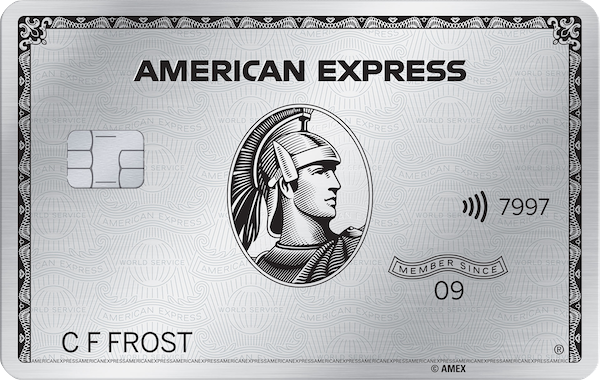
on everyday purchases
- Card Name
- American Express Explorer Credit Card
- Earn
- 2
- Signup Bonus
-
75,000 bonus Membership Rewards Points¹
Apply by 1st Jul 2025
- Annual Fee
- $395 p.a.
- Read more
- View Offer
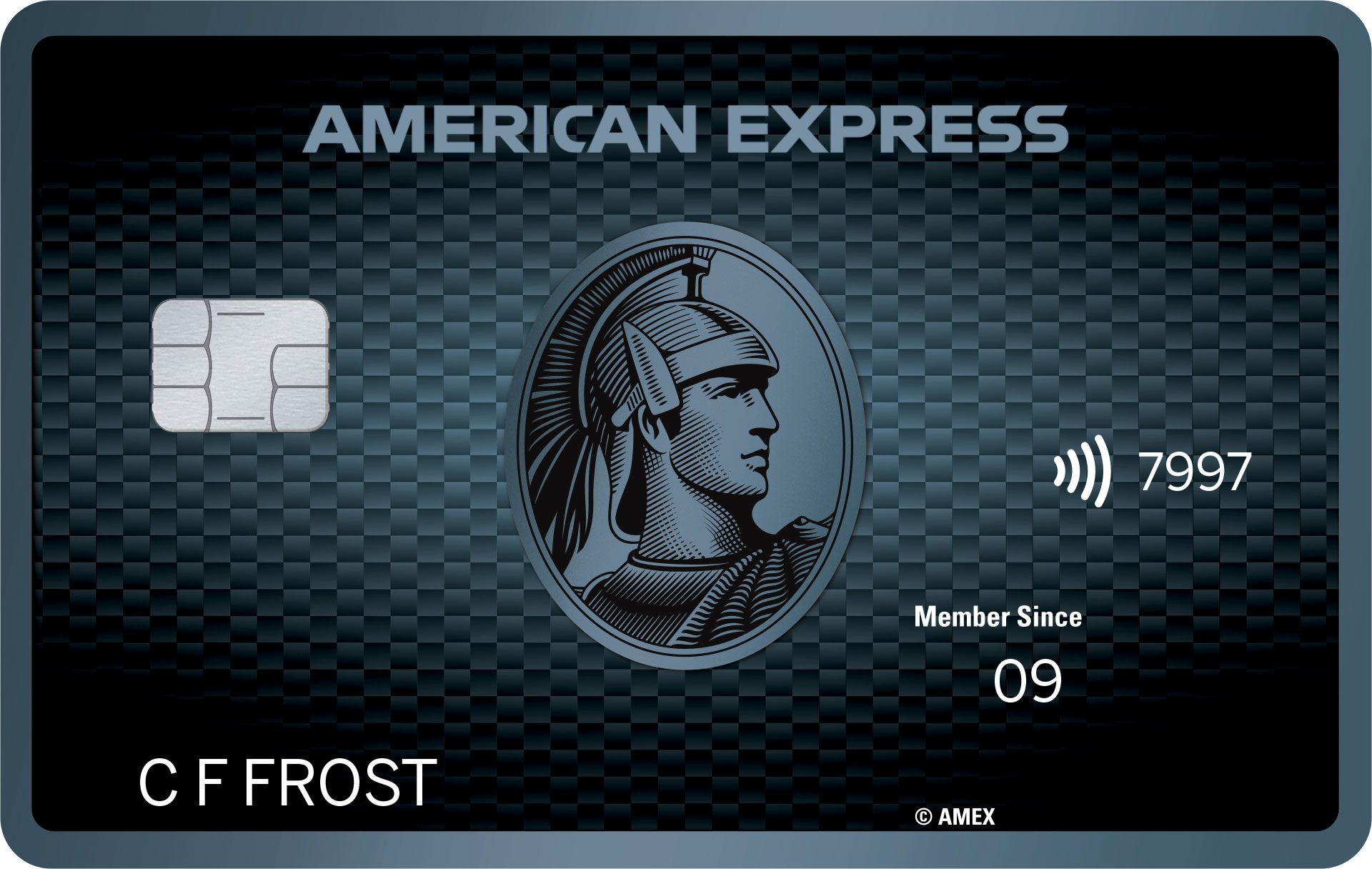
on everyday purchases
- Card Name
- American Express Velocity Platinum
- Earn
- 1.25
- Signup Bonus
-
100,000 bonus Velocity Points*
Apply by 30th Apr 2025
- Annual Fee
- $440 p.a.
- Read more
- View Offer
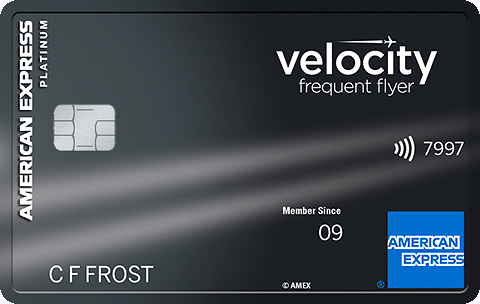
on everyday purchases
Be flexible with where you fly
Searching broadly to find a city which is cheaper to fly into or out of is an easy way to save money, especially on Business Class tickets. You probably won’t find an error fare. But if you’re looking for cheaper Business Class flights to Europe, for example, you could uncover some better deals by flying into Rome instead of Athens.
Hidden-city ticketing
Technically speaking, there are ways to get cheaper airfares through manipulation of airline systems. These are more reliable than simply finding error fares, but often take a lot of time and energy to figure out.
The practice of skip-lagging or hidden-city ticketing is the most well-known method, where airlines price less convenient indirect flights lower than direct flights.
For example, say you want to get from Newcastle to Brisbane. However, flying from Newcastle to Cairns via Brisbane is cheaper than simply flying from Newcastle to Brisbane. Theoretically, you could book Newcastle to Cairns, and then never board your Brisbane to Cairns flight. This is an example of hidden-city ticketing.
This comes with multiple issues. Firstly, it’s generally against the airlines’ conditions of carriage. You could also forfeit your loyalty earnings, or even have your account suspended or revoked. Furthermore, if you check baggage, the airline would send it to your final ticketed destination – Cairns, in this case. This means you have to travel with hand luggage only.
Fuel dumping
Another method involves “fuel dumping”. This doesn’t mean literally dumping fuel from a plane, but refers to the fuel surcharges that can add up to thousands of dollars on some tickets. These can also be on reward seats, with Emirates applying particularly hefty carrier charges to many award tickets.

“Fuel dumping” can sometimes reduce or completely drop these surcharges. This happens when adding a flight to the start or end of an trip unintentionally removes the fuel surcharge from the whole itinerary. This add-on flight has to remove enough of the surcharges to cover the actual cost of the airfare though!
Fuel dumping is a highly secretive topic on FlyerTalk, and it will probably continue to be that way. Personally, I don’t know how to find these itineraries as it takes a lot of patience to find these patterns. Yes, you can get some great deals – but it’s such a time sink that for most people it simply isn’t worth it.
The age of error fares is almost over
As you can see, error fares were once a clever way to save money. But over the past few decades, airlines have altered the deal. Pray they don’t alter them further.


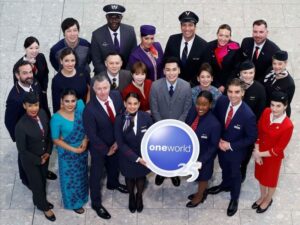
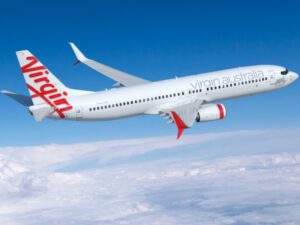
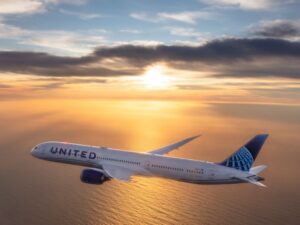

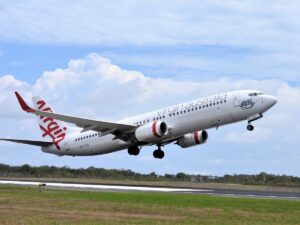

































































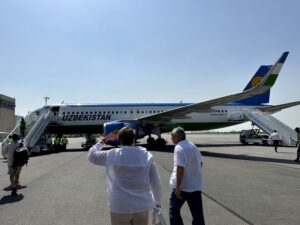






Community Comments
Loading new replies...
Join the full discussion at the Australian Frequent Flyer →